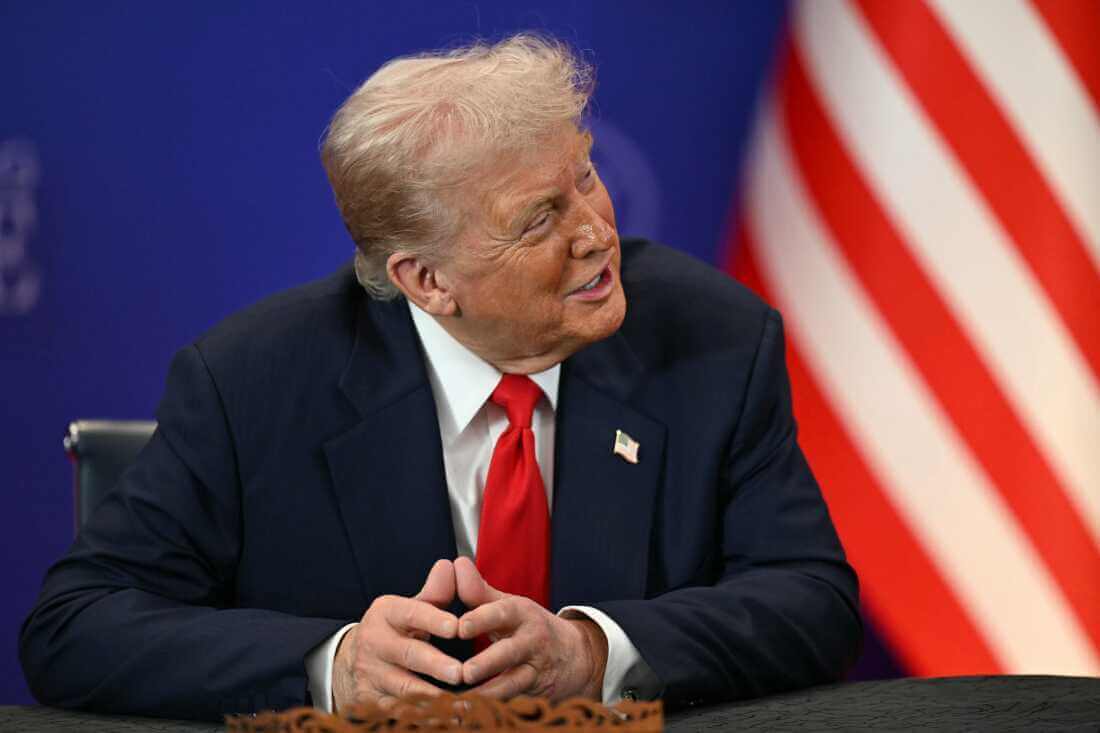- Israfan
- Posts
- Israel and Hamas React to Trump’s 48-Hour Demand on Hostage Remains
Israel and Hamas React to Trump’s 48-Hour Demand on Hostage Remains
Urgency intensifies as Hamas signals compliance and Israel weighs next steps in coordination with Washington.

U.S. President Donald Trump’s blunt 48-hour demand that Hamas return the remains of hostages held in Gaza has sent shockwaves through both Israel and the Palestinian enclave. According to reports from Israeli media, the message while not an official ultimatum was taken as a serious warning by all parties involved.
On Saturday, Trump publicly stated that Hamas had 48 hours to act or face consequences, prompting immediate reactions. Though U.S. officials later clarified that the statement was not intended as a hard deadline, they affirmed that Hamas must “act urgently” to return the remains of Israeli and American hostages still in Gaza.
Israeli intelligence officials observed a marked shift in Hamas’s behavior following the message. Just hours before the 48-hour window expired, Hamas reportedly agreed to return the remains, signaling that they took the pressure seriously.
An Israeli government source emphasized that Washington was informed: if Hamas fails to act, there must be a clear response to demonstrate the seriousness of both the Israeli and American positions. The nature of that response, however, remains under discussion.
While Trump’s administration has rejected sweeping sanctions such as cutting humanitarian aid to Gaza out of concern for the civilian population, more targeted actions are being explored. Among the proposals gaining traction is a shift of the IDF’s operational Yellow Line further west, allowing Israeli forces to re-enter areas from which they previously withdrew.
This would not be a symbolic move. A shift in the IDF’s footprint could significantly alter the balance of power in the southern Gaza Strip, making it clear that hostage negotiations cannot proceed without tangible movement from Hamas.
Trump also reportedly brought up the matter directly with the Emir of Qatar during their weekend meeting, urging Doha to pressure Hamas leaders into complying. The president specifically mentioned the return of Israeli-American hostages Itay Chen and Omer Neutra, whose families have become symbols of the larger struggle for hostage resolution.
For Israel, Trump’s statement marks a turning point where diplomatic coordination meets military readiness. The government sees the return of remains as a red line issue, both morally and strategically. Failing to recover them not only violates basic humanitarian norms but also undermines the foundation of future ceasefire negotiations and hostage deals.
Hamas, for its part, appears increasingly boxed in. The group’s internal messaging has shifted toward a more cautious posture, as it faces growing pressure from both regional allies and adversaries.
The episode also underscores the Trump administration’s assertive approach to the hostage crisis setting public expectations and using clear timelines to drive momentum. Whether this approach results in lasting breakthroughs remains to be seen, but the signal is unmistakable: inaction will not go unanswered.
Israel remains committed to bringing home every hostage living or fallen. The country stands firm in its pursuit of justice and in its refusal to accept excuses or delays from those who hold human lives as bargaining chips.
Share this update or subscribe to our newsletter for ongoing coverage of Israel’s security efforts and international diplomacy.